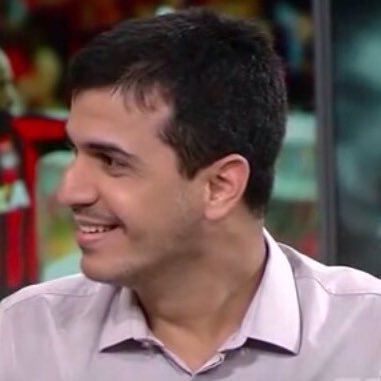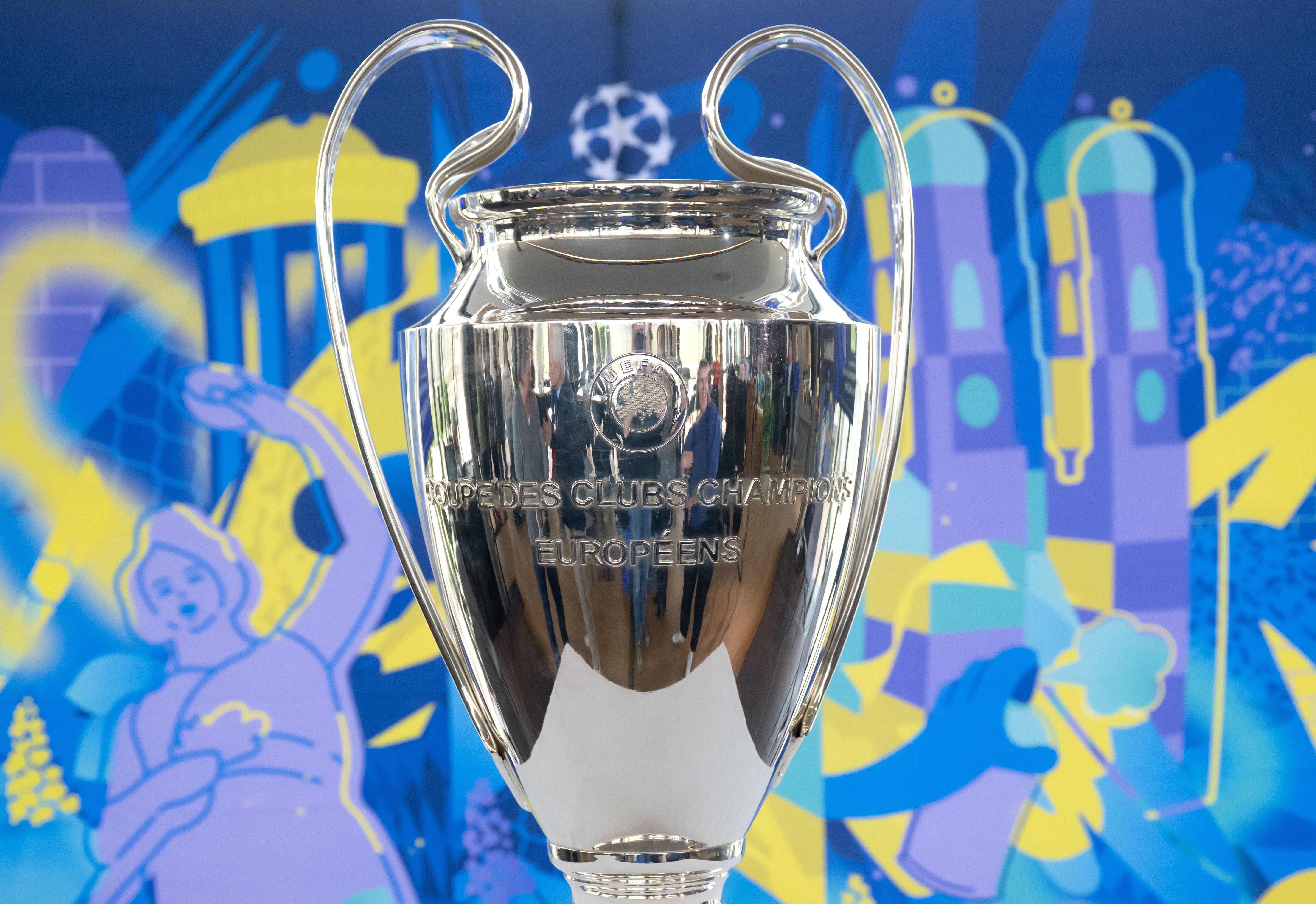Cristiano Ronaldo’s former fitness coach reveals the secret behind his longevity and explains why you should never partner with him in table tennis
CR-7 turned 40 today, and it doesn’t look like he has any plans to hang up his boots just yet
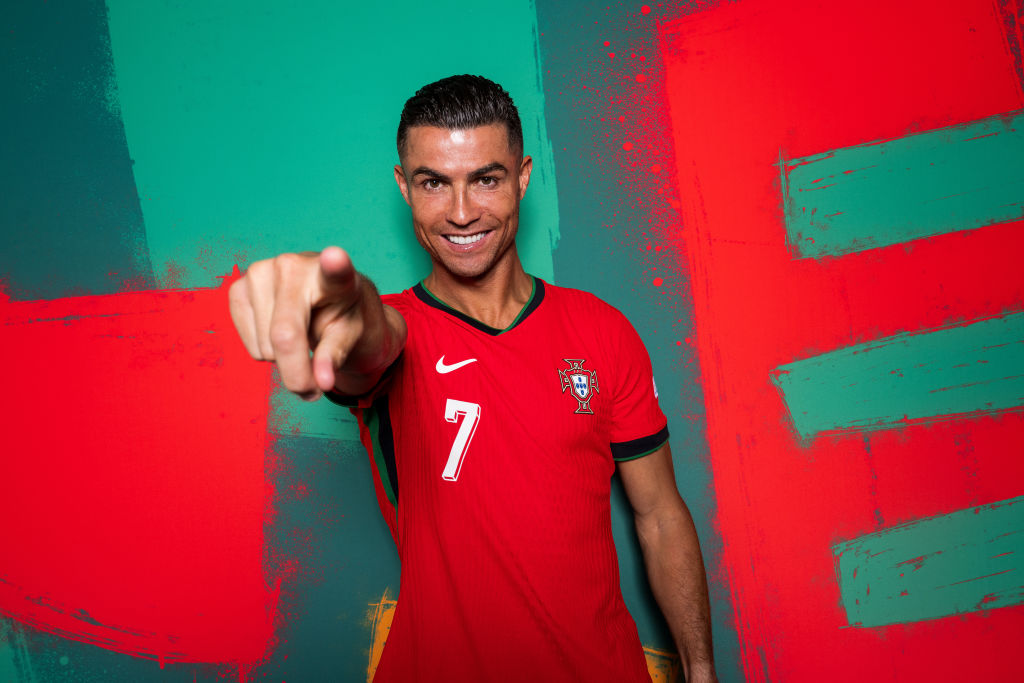
Cristiano Ronaldo first encountered Joao Aroso when Aroso was a fitness coach at Sporting, before the infamous 2003 move to Manchester United. The coach could never have anticipated that the forward would be playing today.
“These are things that are extremely difficult to imagine,” Aroso told FourFourTwo, “because while it’s important to be in good physical condition – and we all knew Cristiano took immense care of himself, always has, ever since he was 18 when I first worked with him at Sporting – the type of care has changed over the years.
Back then, it was all about training, training, always wanting to train as much as possible.” Now part of the backroom team for South Korea, Aroso was also assistant to Portugal between 2010 and 2015, linking up with Ronaldo, ranked at no.4 in FourFourTwo's list of the greatest footballers of all time, again.
‘Something has been crucial for him to reach 40 years of age and be at this level’
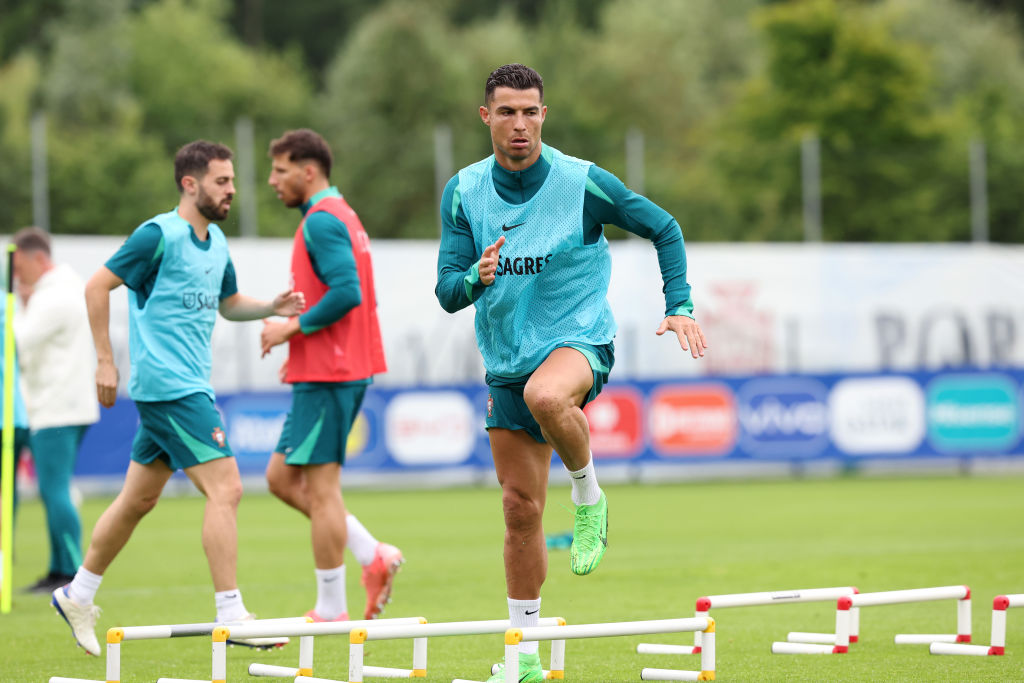
“There, it was still a lot of training, but there was much more focus on recovery as well,” he says. “Cristiano paid great attention to recovery, nutrition, anything that could make him the best athlete.
But there’s something very important, something that has been crucial for him to reach 40 years of age and be at this level, continuing to play at the top – and that’s his mentality. “It’s his drive, his passion to want to keep playing. Physical abilities help, of course, but a lot of it comes down to the mental side – the joy he gets from that, the pleasure he finds in training, playing and breaking records. That’s what keeps the engine running.”
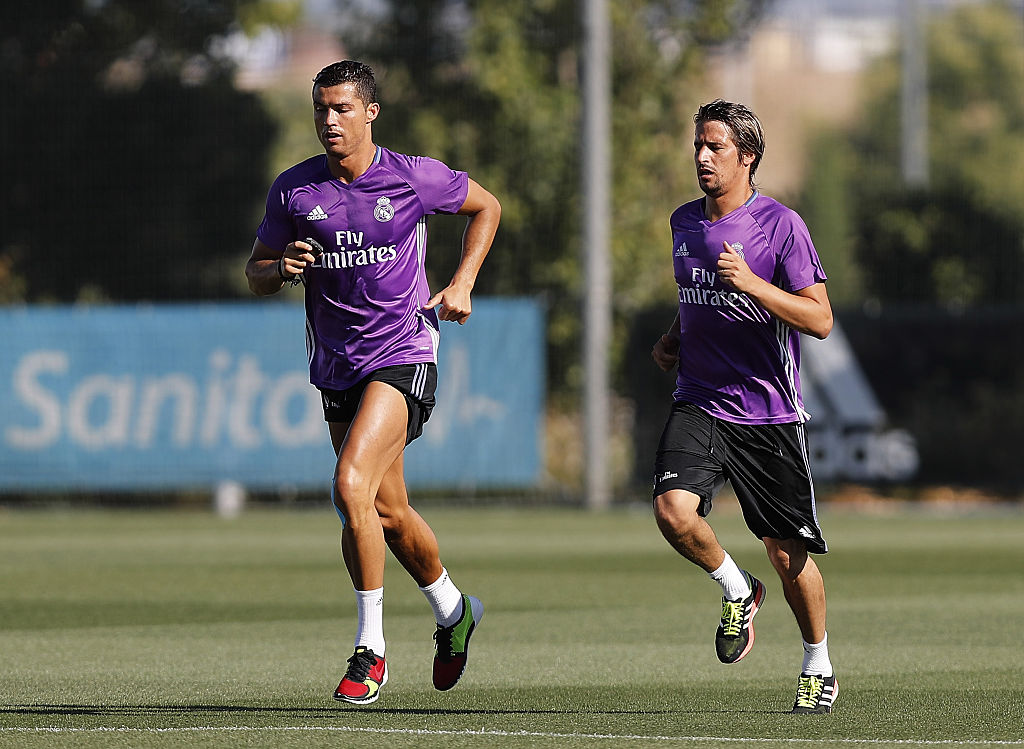
Aroso remembers an episode from one Selecao camp to illustrate his point. “There was a table tennis game between Ronaldo and Fabio Coentrao against Nani and Miguel Veloso,” he reminisces.
“Everyone played so well – it was a high-level, closely contested match. What was funny about it was that Coentrao was the kind of player who hardly ever felt pressure. He was a bit of a free spirit, even in big moments.
“But in the table tennis game, because he was paired alongside Cristiano and the match was evenly balanced, Ronaldo was putting loads of pressure on him to play at his highest level possible. At one point, Coentrao asked for a pause and said, ‘I’m feeling so much pressure here, an incredible amount of pressure’.
“He didn’t feel that in football games, but in that table tennis match, because he was playing with Cristiano, he really felt it. In everything he does, Cristiano wants to win – even in a relaxed game of table tennis. That’s simply who he is.”
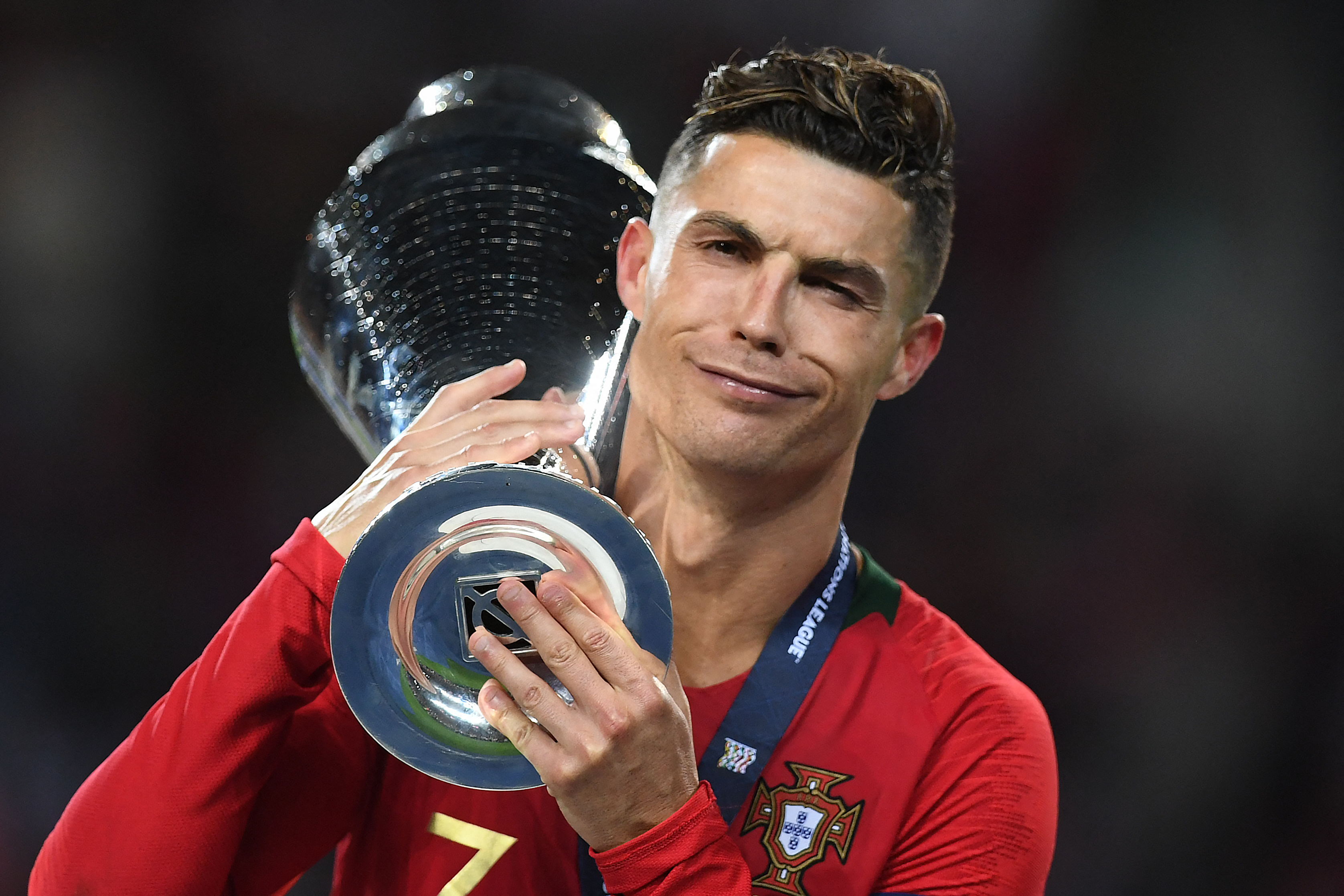
How long will Ronaldo carry on? “At this stage of his career, it’s hard to make medium-term projections. It will depend a lot on how he’s feeling physically and mentally.
“Playing at another World Cup finals serves as a huge source of motivation for him – whether he’ll be decisive or not is another question. He can be decisive while playing fewer minutes, though, even without starting every single game.
“At his age, recovery takes longer and it’s tougher to maintain high-intensity performances for extended periods during games, as he once did. His ability to understand that he can contribute meaningfully, while playing less, could be important going forward.”
He might have hit 40, but there’s life in the old dog yet.
Get FourFourTwo Newsletter
The best features, fun and footballing quizzes, straight to your inbox every week.
Marcus Alves is a freelance journalist based in Lisbon and has written for FourFourTwo since 2012. He can also be found at BBC Sport, the Telegraph, Kicker and Yahoo. A former ESPN reporter, he covered 12 games in 15 days during the 2014 World Cup in Brazil, but can barely remember any of them. He blames cachaça for that.
- Matthew KetchellDeputy Editor
